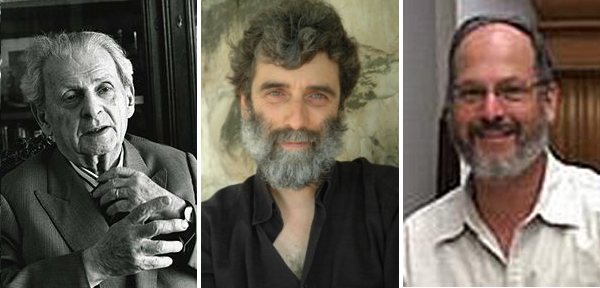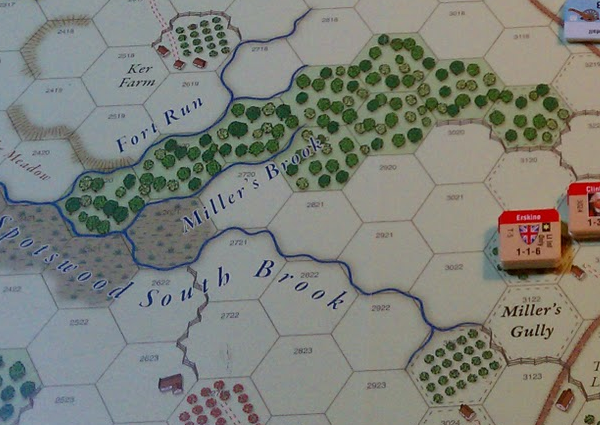Footnoted readings 02 – Acts of corporal mercy
Sunday, April 2nd, 2017[ by Charles Cameron — a note at the intersection of material with spiritual ]
.
left to right: Emmanuel Levinas, Gershom Gorenberg, Elliott Horowitz
**
Gershom Gorenberg in March 28th’s Washington Post tells three stories from his own life of what I believe Catholicism would call “acts of corporal mercy” — feeding the hungry, giving drink to the thirsty, clothing the naked, visiting prisoners, visiting the sick, harboring strangers, and burying the dead (Matthew 25. 34-40). He concludes, honoring his mentor, Israeli historian Elliott Horowitz:
He said, without pride or embarrassment, that he acted out of religious conviction. In Israel, the political stereotype of Orthodox Jews is of people concerned exclusively with settling the occupied territories. In the world, commitment to the most traditional forms of faith — Jewish, Christian, Muslim or other — is often confused with building walls between people.
Elliott believed that faith demanded breaking down barriers between human beings created in God’s image. I believed that, too, but he pushed me to act.
**
It’s a story by and about a friend, and about human goodness. Apart from those two sterling but not uncommon facts, why should I care?
I care because the story illustrates the Jewish proverb of which Emmanuel Levinas reminds us:
the other’s material needs are my spiritual needs
It’s not easy to bridge the gap between subjective experience and objective, physical reality, which is why the hard problem in consciousness is called the hard problem in consciousness — but this quote bridges the gap effortlessly, and in a manner that instructs us.












